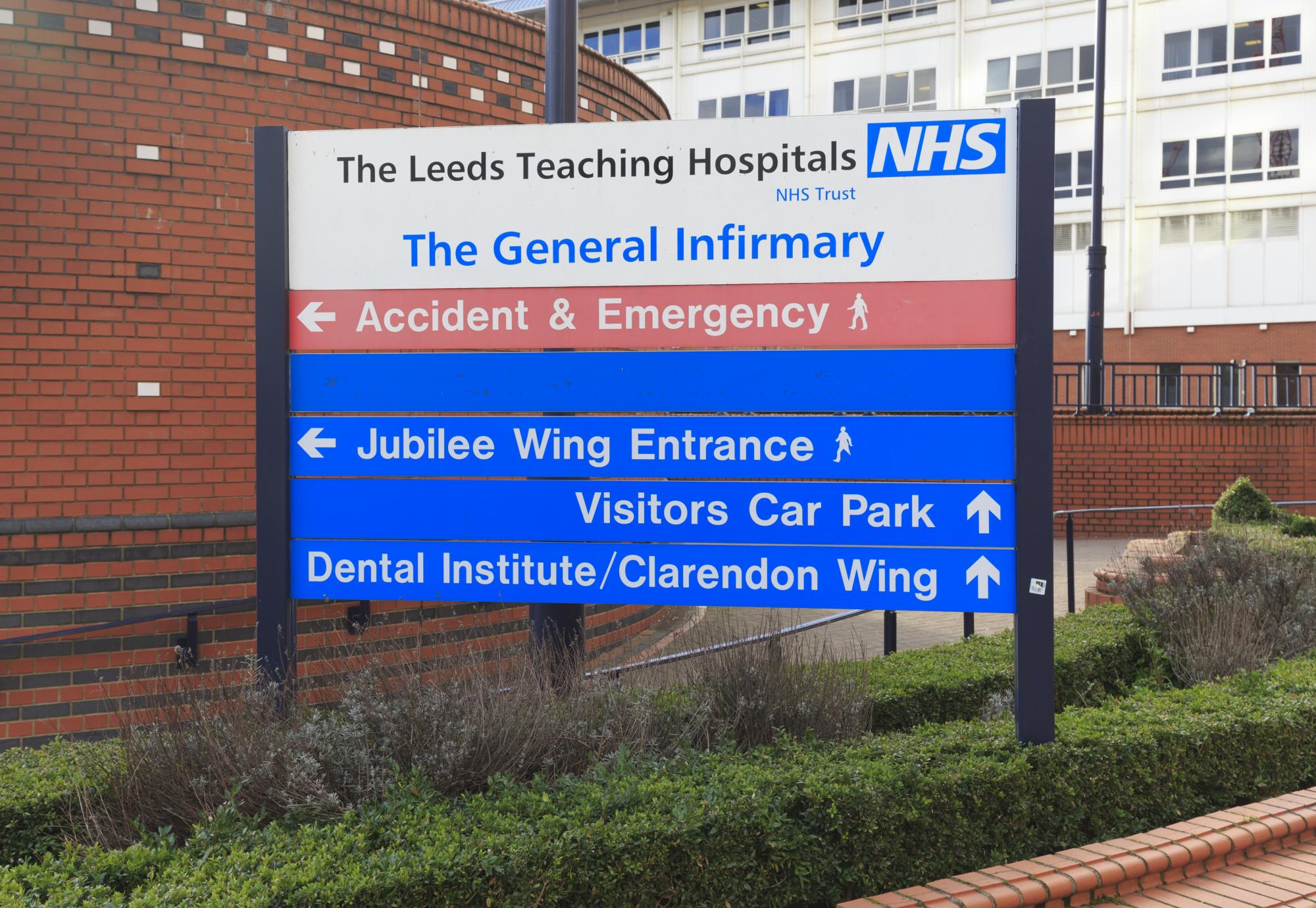Leeds Teaching Hospitals NHS Trust (LTHT) has officially become the first NHS Trust to become Carbon Literate and has now set a goal to become one of the greenest NHS trust in the UK.
Craige Richardson, Director of Estates and Facilities at LTHT, said: “Carbon Literacy means being aware of the impact of everyday activities on the climate, and knowing what steps can be taken to reduce emissions, individually, in our teams, or as an organisation.
The trust has been working in conjunction with the Carbon Literacy Project since April to train its staff to become more conscious of the effects of climate change and what impact healthcare and the NHS have on the planet.
Environmental Manager at Leeds Teaching Hospitals NHS Trust, Libby Sutherland, added ‘During the training our staff learn about the impacts of climate change in healthcare, breaking them down by sector and learning what the big emissions are in the NHS as well as what targets are in place to tackle them.’
‘The training isn’t just theoretical, staff also learn about practical, everyday ways in which we can go about meeting those targets. Each department in the Trust is free to decide who and how many members of staff need to be trained.’
The NHS is currently responsible for around twenty million tonnes of cO2 emissions every year and spends in excess of £50m a year on carbon permits.
Louise Harling, Healthcare & Blue Light Coordinator at The Carbon Literacy Project, urged that ‘this is the speed and determination for staff engagement that is needed across the NHS to meet net-zero targets.’
‘LTHT really understands the importance of delivering Carbon Literacy training throughout its organisation to departments who have significant influence to drive the change we need to see a cultural shift within the NHS to meet its net-zero targets.
The trust plan on rolling out the training to other departments later this year, starting with theatres.
As well as the training given to NHS staff member, the trust has invested over £700,000 on lighting within their hospitals, changing their old fittings which use more energy to a new range of low voltage LED bulbs. This change has saved the trust an estimated sixty thousand pounds a year as well as reducing their carbon footprint by around one hundred tonnes per year.
LTHT has also been nominated for the ‘Net Zero Strategy of the Year award’ for its ‘Green Plan-Sustainable healthcare and Leeds way’. The Green Plan shows how the trust intend to reduce their carbon emissions and what will change for them to achieve that goal.
They hope that by leading the way on becoming more aware of climate change, other trusts will soon follow suit and make some of the same changes.



















